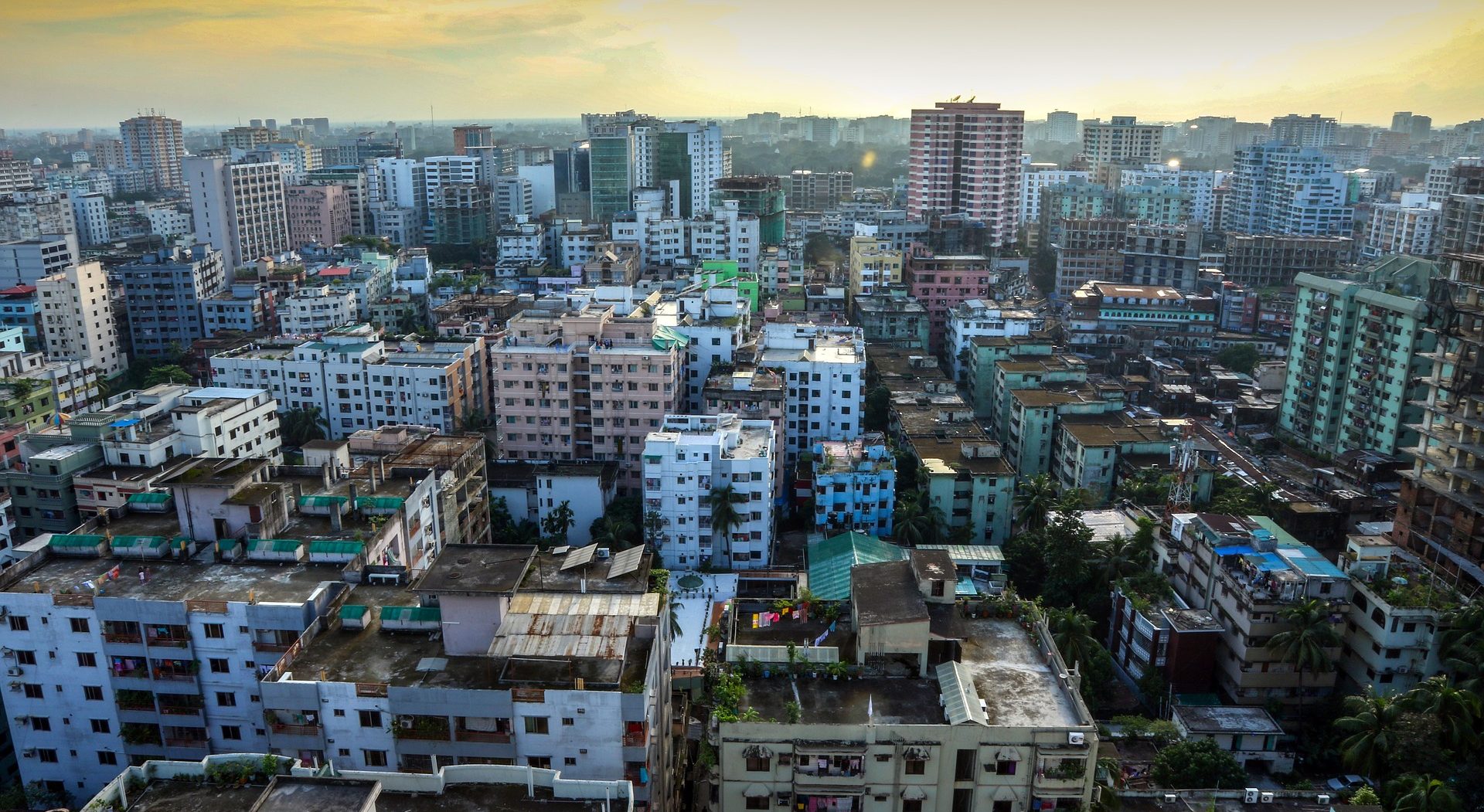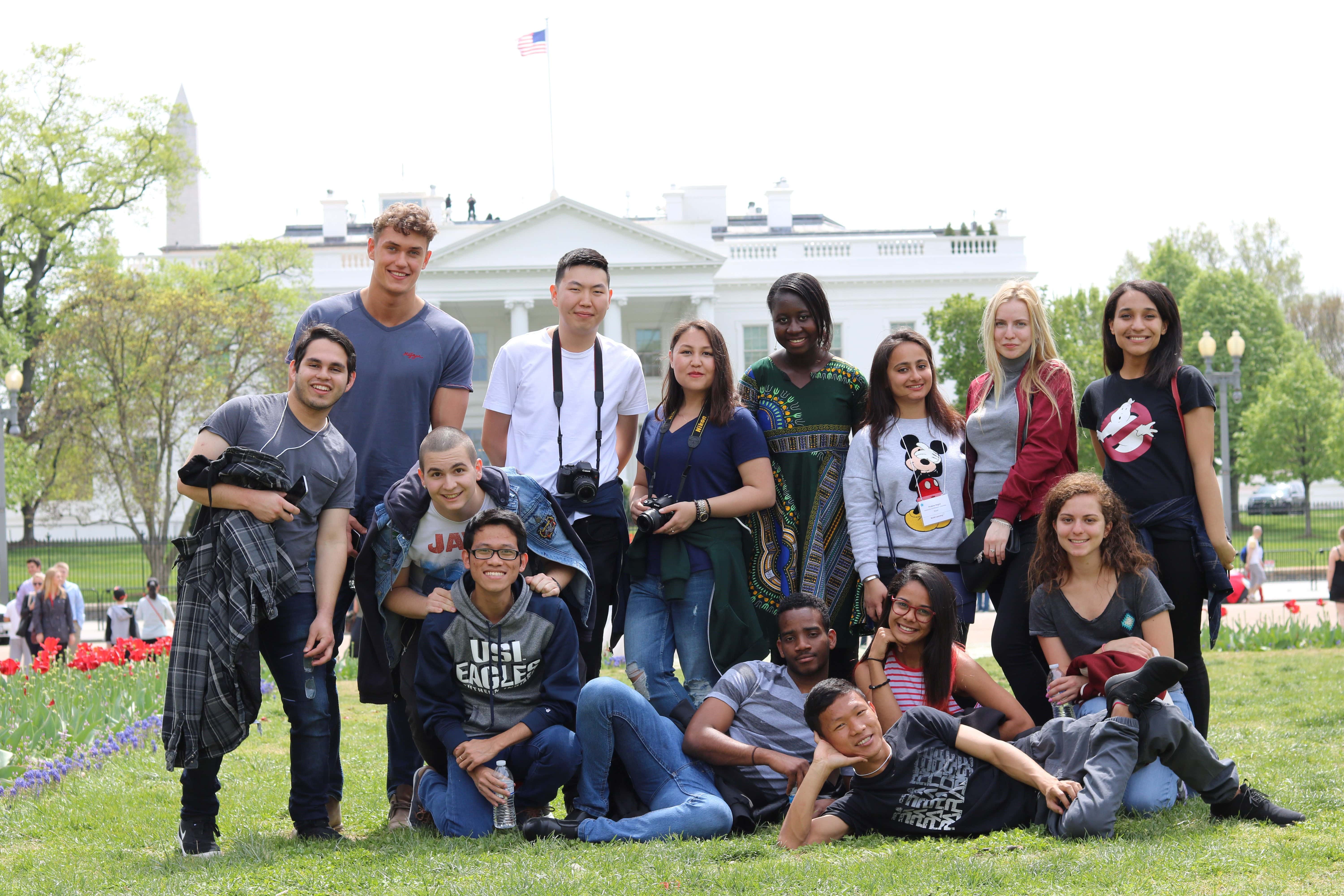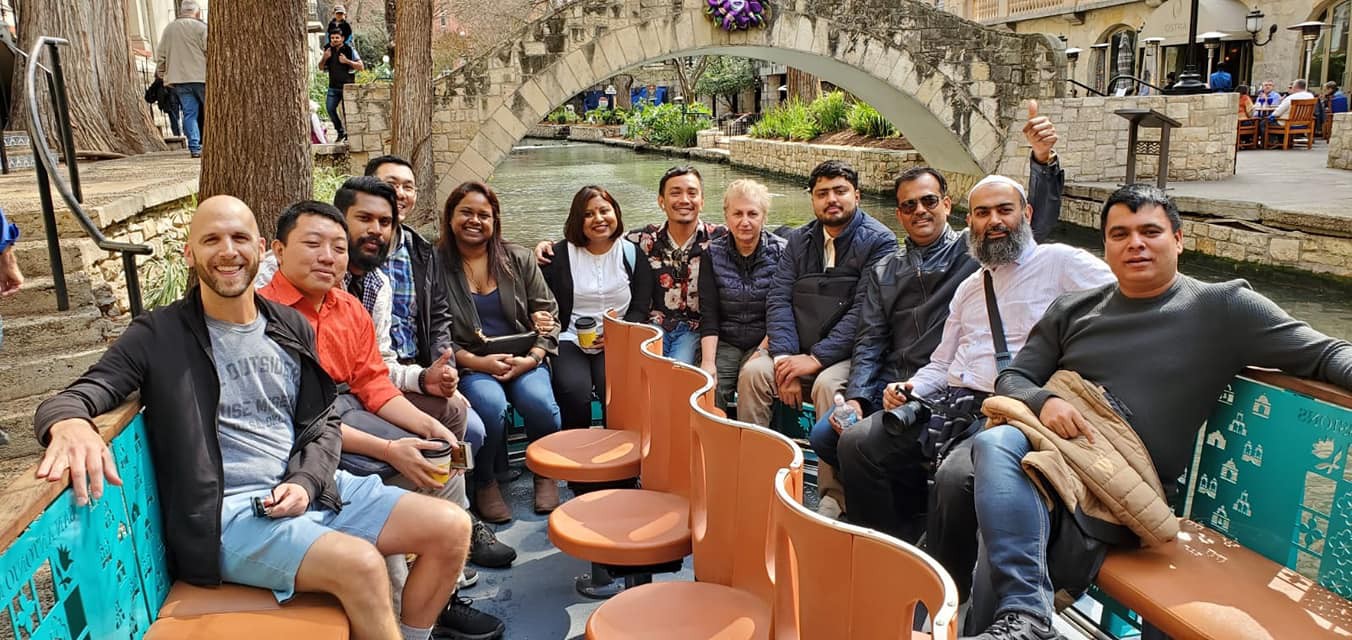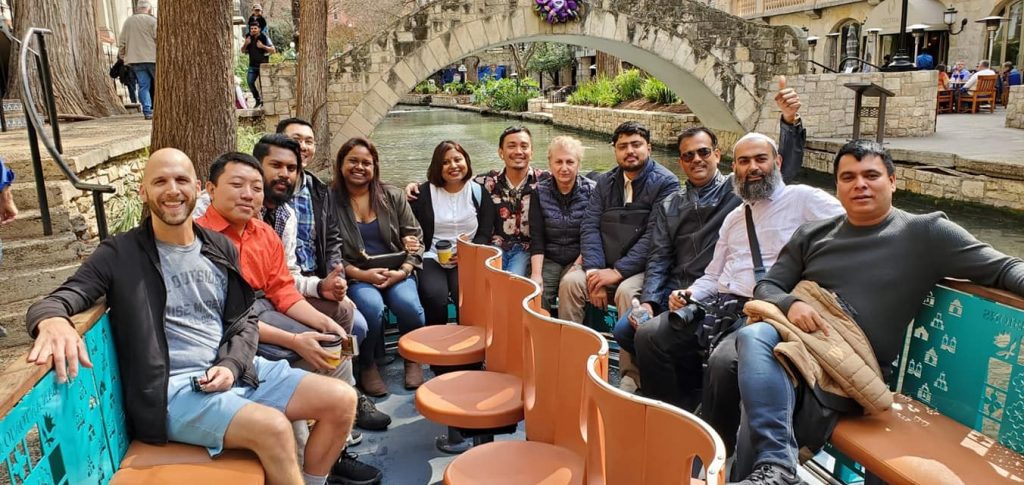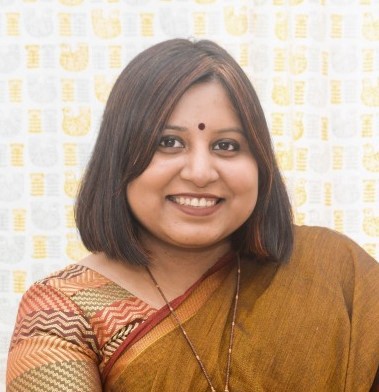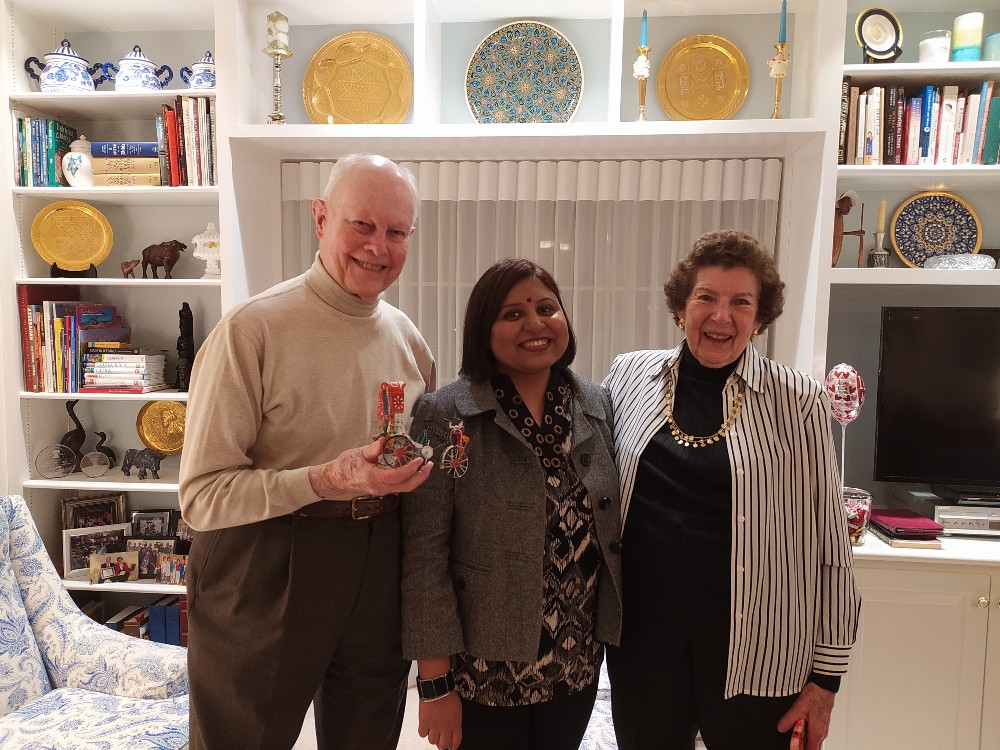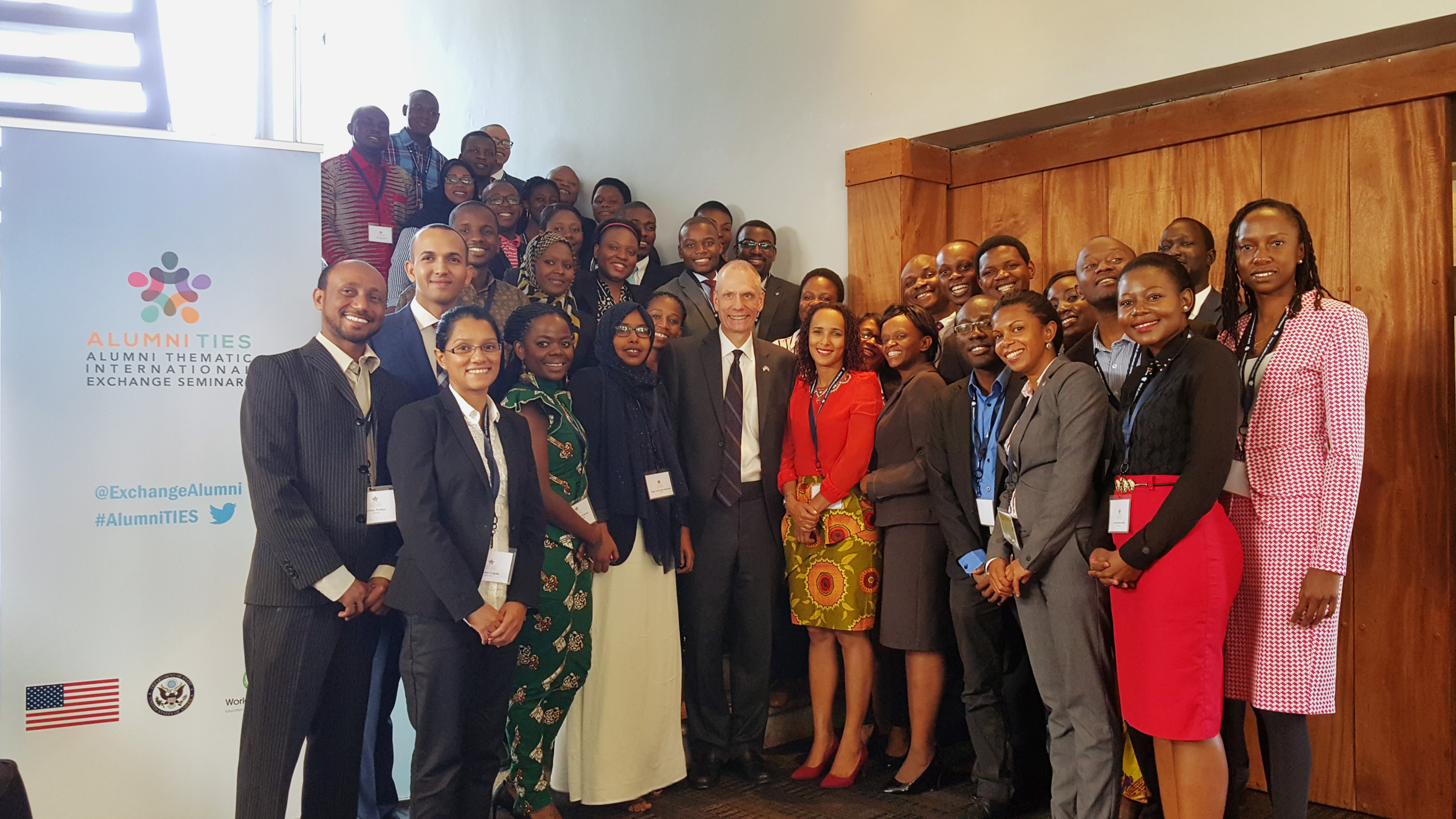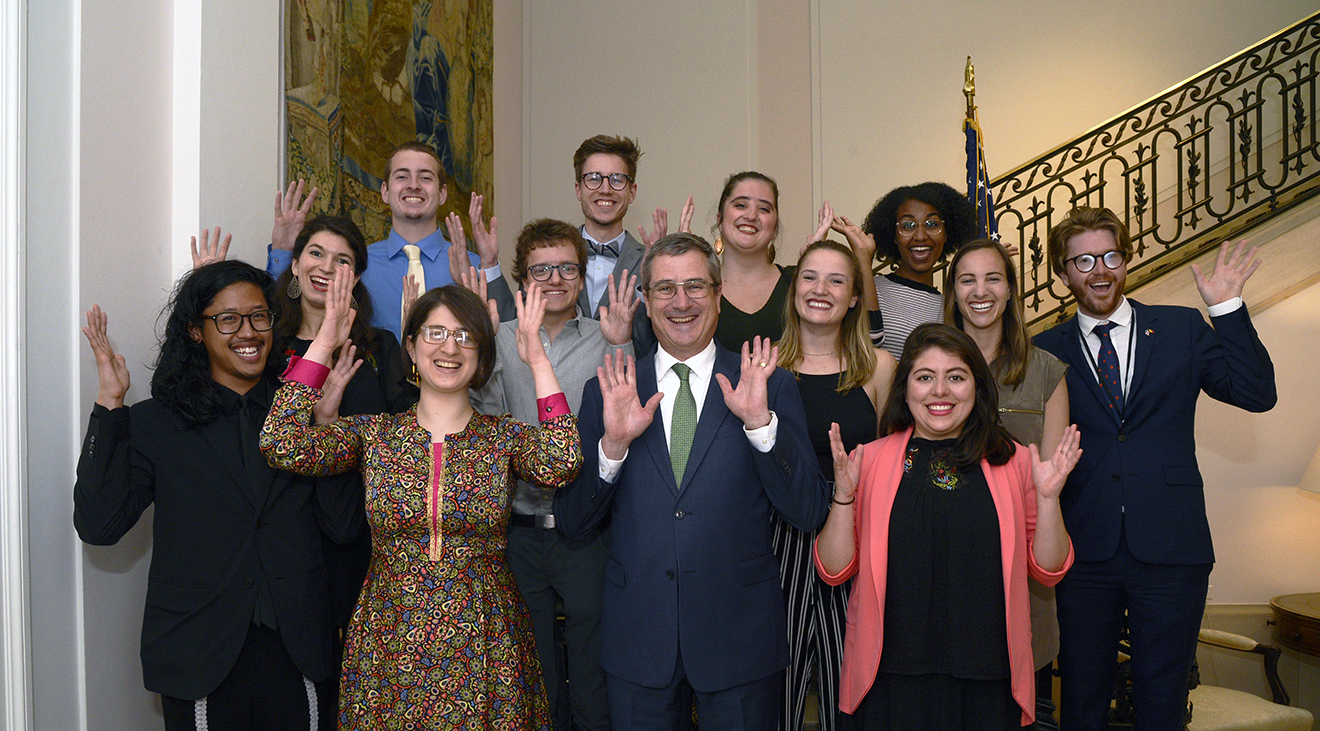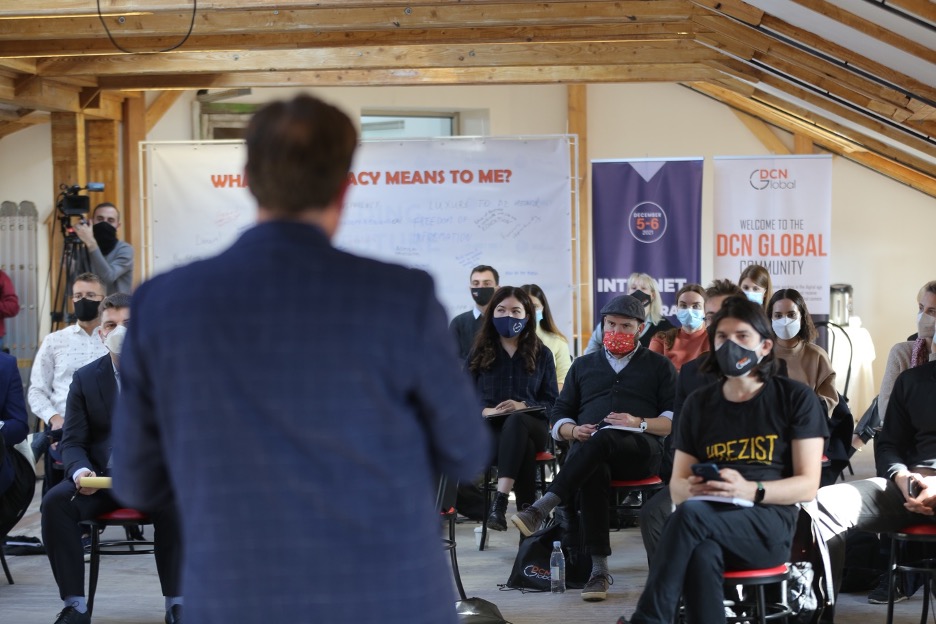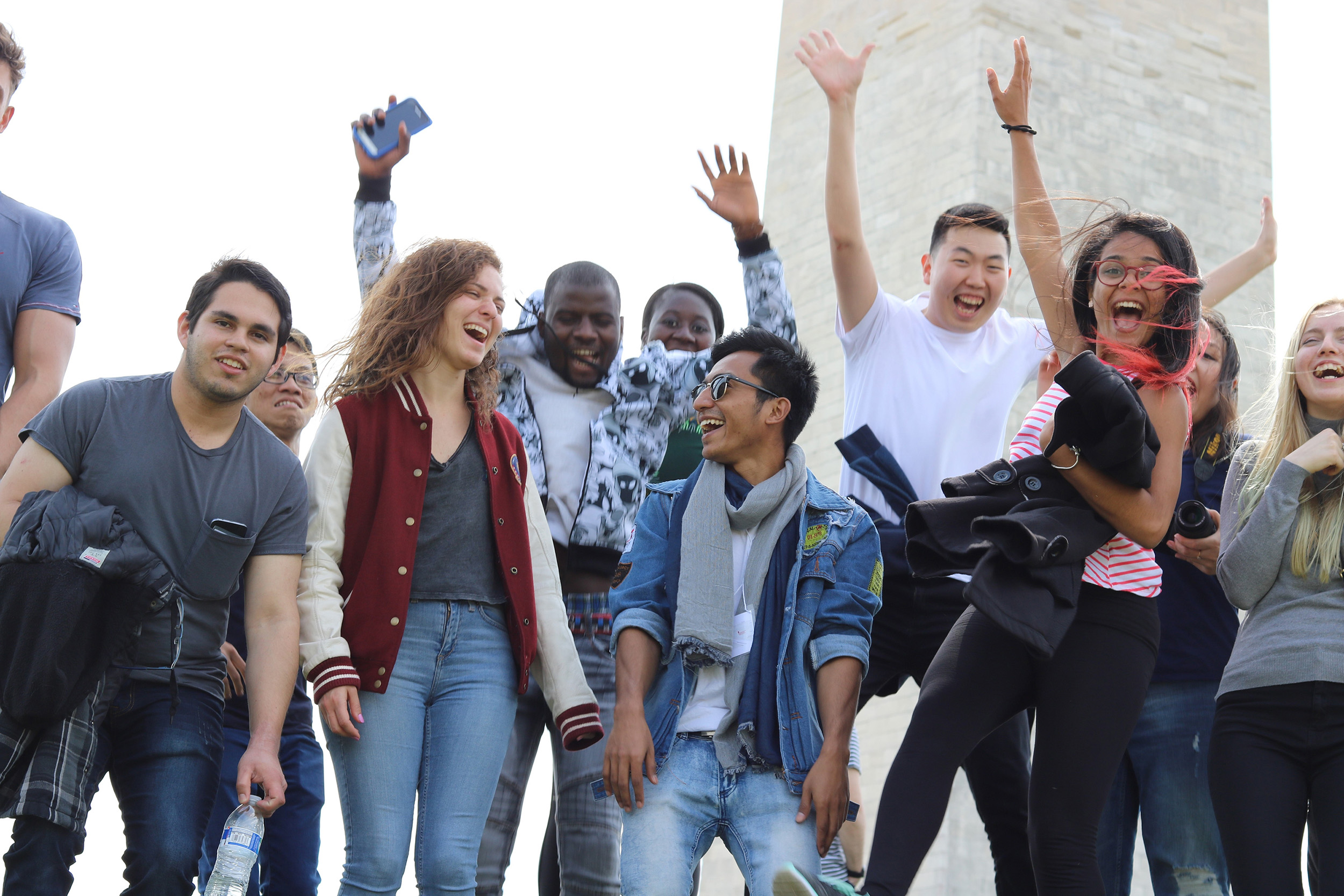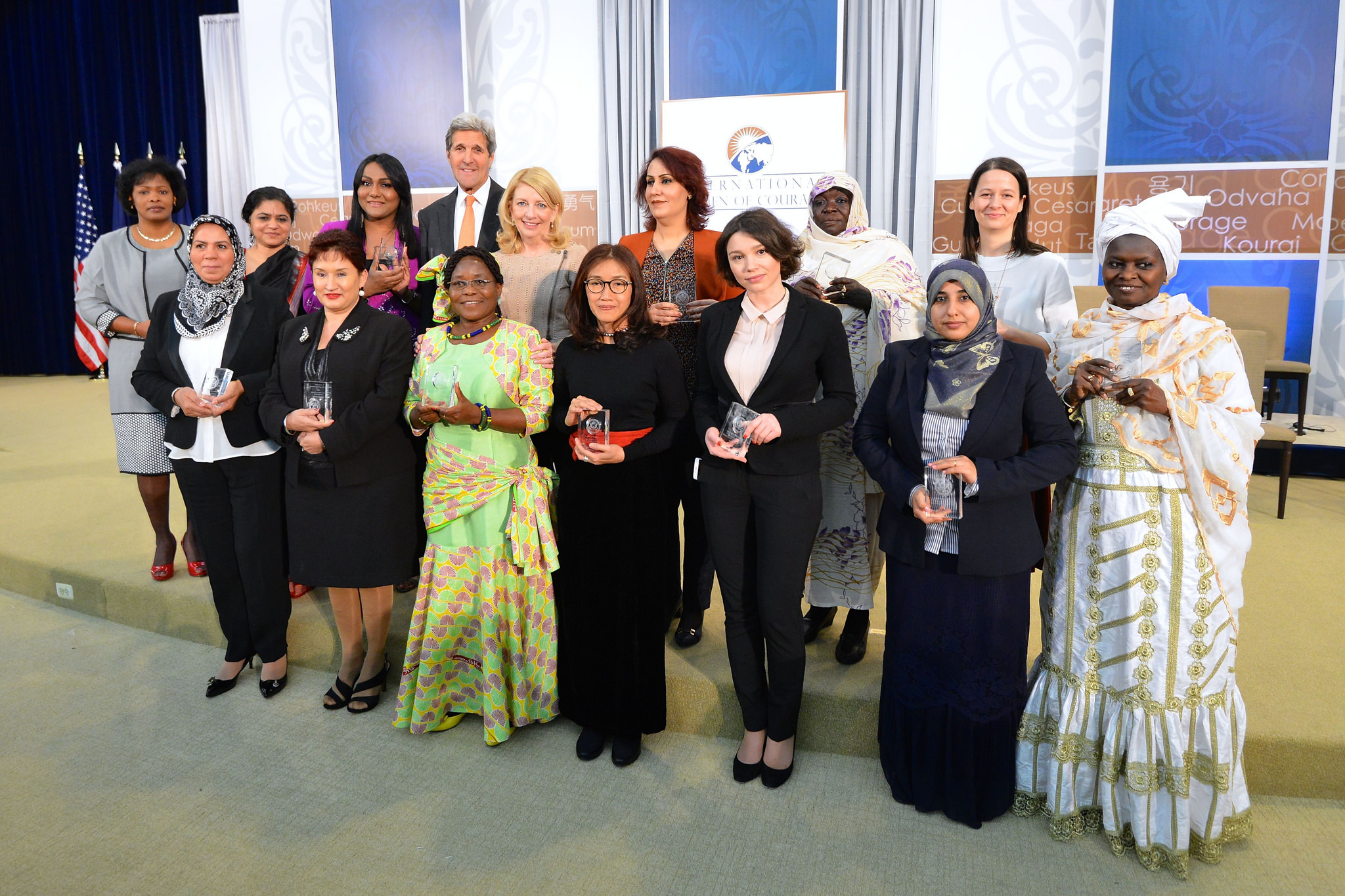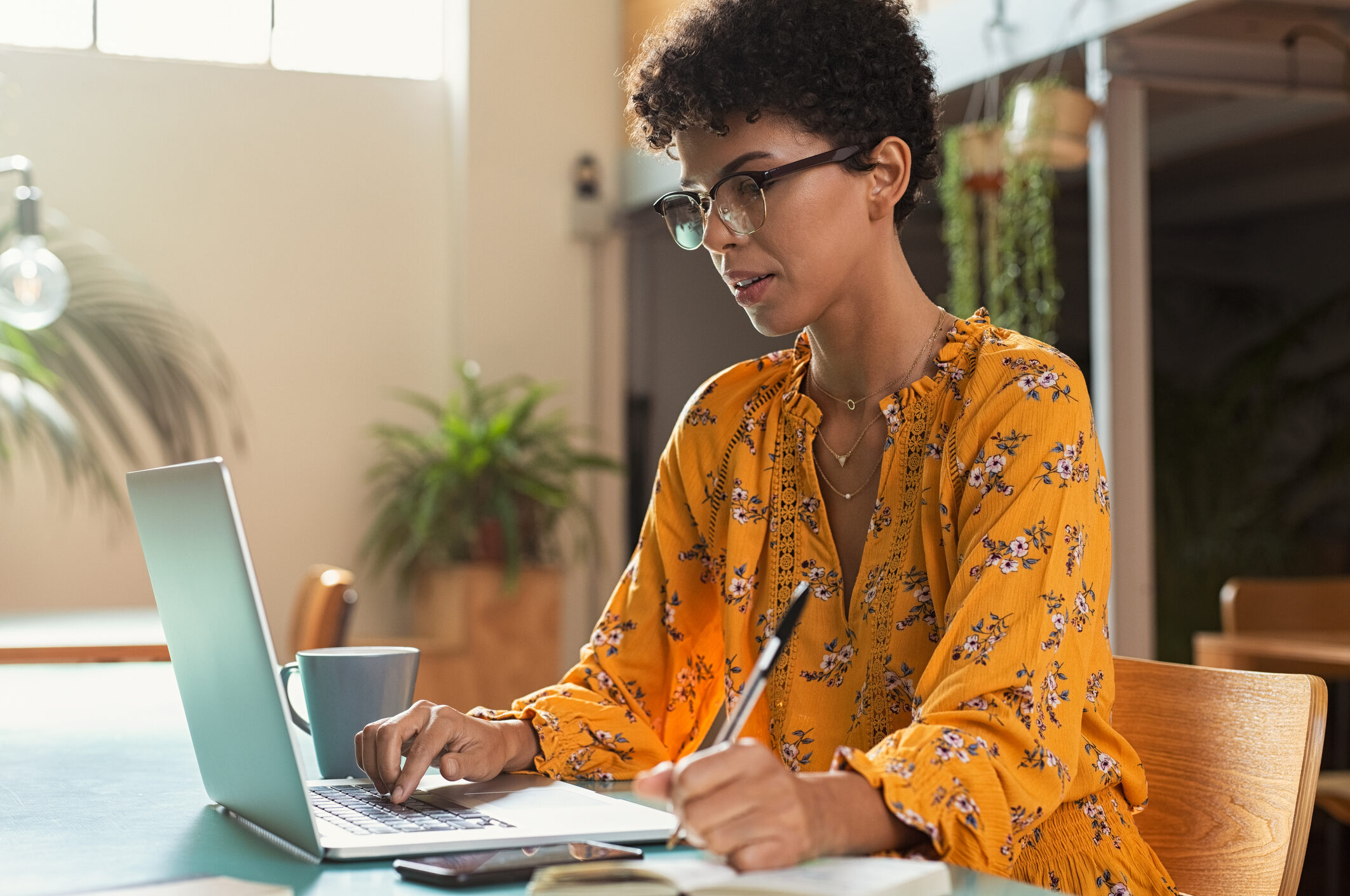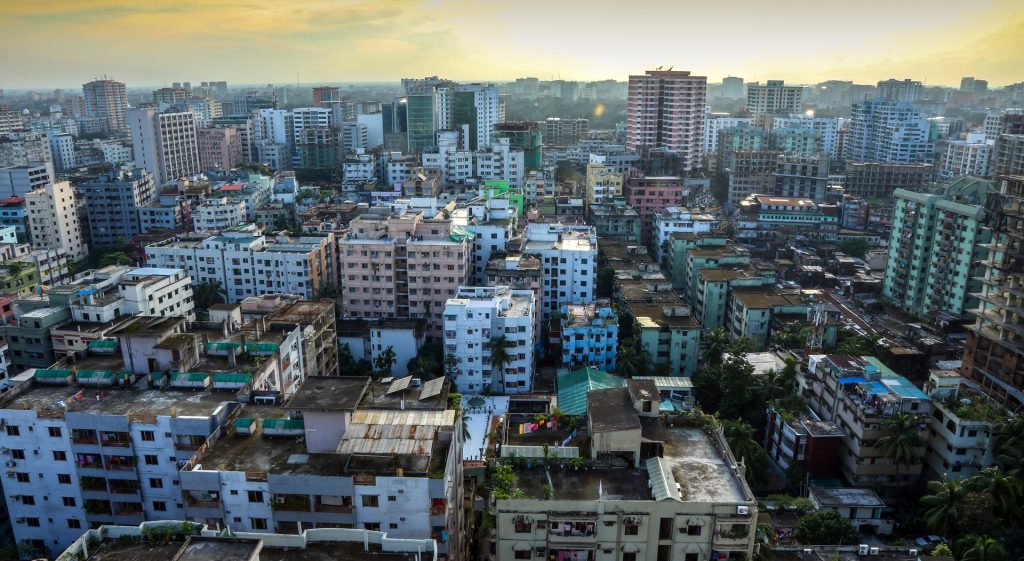
People who are marginalized and excluded from political and economic power are more likely to be negatively impacted by development projects and significantly less likely to receive benefits from development, humanitarian assistance, or advocacy. Interventions that address marginalization due to age, disability, gender, race, and other factors, can therefore be important catalysts for more sustainable, equitable societies.
The U.S. Agency for International Development (USAID) is driving transformative social change by prioritizing disability-inclusive education and incorporating Universal Design for Learning (UDL) into its education programming, especially for literacy education. UDL is an innovative framework that supports different learning styles in the classroom so that the needs of all learners are met.
“When UDL is applied to reading instruction, both students with and without disabilities learn how to read and prepare themselves for lifelong success,” reports Julie Cram, USAID’s deputy assistant administrator in the Bureau for Economic Growth, Education and Environment & senior coordinator of United States International Basic Education Assistance.
World Learning shares a long history of integrating inclusion into its policies and procedures—from the institutional level to everyday practice—and World Learning has partnered with USAID to target inclusion, incorporating the UDL model in a USAID-supported education project in Lebanon, and across its basic education programs.
Moreover, as part of this commitment to inclusion, since September 2015, World Learning and a team of partners have collaborated to devise a systematic, analytical approach to applying inclusive principles throughout a development project’s life cycle. The Transforming Agency, Access, and Power (TAAP) approach supports development practitioners by outlining a series of practical steps they can take to “tap” into the voices, skills, and experiences of all people during project design and implementation.
Part of the TAAP Initiative involved creating the open-source TAAP toolkit, launched in 2018, which provides additional knowledge, skills, and resources to help development practitioners, organizations, and policymakers identify marginalized perspectives and amplify their voices. Today, World Learning is building on this history and exploring how its TAAP Toolkit’s Social Inclusion Analysis can be employed to improve education for children.
TAAP Toolkit in Action: Bangladesh
In the fall of 2020, World Learning joined forces with Sightsavers to better understand the current state of inclusive education in Bangladesh and investigate solutions. Sightsavers is an international organization working to prevent sight loss for some of the world’s most vulnerable people and to ensure people with a disability have the same quality of education, health care, and work opportunities as everyone else. In Bangladesh, Sightsavers has specifically been assisting families and children with disabilities in reducing discrimination and stigma in government schools—irrespective of each family’s ethnicity or geographical identity.
To examine barriers to education in country, World Learning and Sightsavers harnessed the principles of TAAP’s methodology and tools, gathering information directly from local families and children with disabilities. Through TAAP, the organizations gained essential context, as well as insights on shortcomings to access and potential improvements. In all, the organizations conducted interviews and held focus groups with three stakeholder groups: members of organizations of persons with disabilities (DPOs), parents of children with disabilities, and students with disabilities in the Kamrangir neighborhood of Dhaka and the rural area of Narshinghi. Some initial findings are shared below:
DPO members emphasized the need to promote inclusive education for all children with disabilities. During conversations with World Learning and Sightsavers, DPO members advocated that education is the right of every child and that different policies, such as the national education policy of Bangladesh and Disability Act of 2013, as well as the UN Convention on the Rights of Persons with Disabilities, have clearly mentioned the equal rights of children with disabilities. They explained that because much of the inclusive education work done in Bangladesh is done by smaller NGO initiatives there are populations who are left behind. DPO members strongly recommended that Bangladesh’s government work closely with NGOs to understand effective strategies to generate the best learning outcomes for children with disabilities.
Parents described their happiness when their children with disabilities have an opportunity to enroll in school because it enhances their children’s relationships with peers and increases their self-esteem. Parents also shared their experiences that when all children, irrespective of their abilities, attend school it also raises community awareness about disabilities. Parents explained that it is very important for them to have an open line of communication with teachers, and significantly contributes to their child’s success in school. Parents mentioned that it would also be helpful for them to learn educational skills they can use at home to continue supporting their children’s education.
Students expressed immense joy at going to school and learning alongside their peers. They particularly enjoyed the routines and classroom activities they could participate in. Students did mention having negative experiences being bullied by other students that hurt their feelings, including being called names. In the discussion on how they could better their school experience, students said having accessible toilets, being able to use assistive devices in the classroom, and being given enough time to complete an assignment or test would make improve their learning and time in the classroom.
These preliminary results show that the principles of TAAP can be just as useful in efforts to enhance access to education. World Learning and Sightsavers are excited that this methodology has revealed information that can better inclusive education in Bangladesh, and they are particularly motivated by how the TAAP Toolkit centers the perspectives of those impacted most and elevates the agency stakeholders can have in project design.
Through TAAP, World Learning and its partners can empower local actors and deliver sustainable solutions. World Learning looks forward to leveraging its work with the TAAP Toolkit in Bangladesh to continue improving the quality of education for all children in the country, particularly for children with disabilities.





